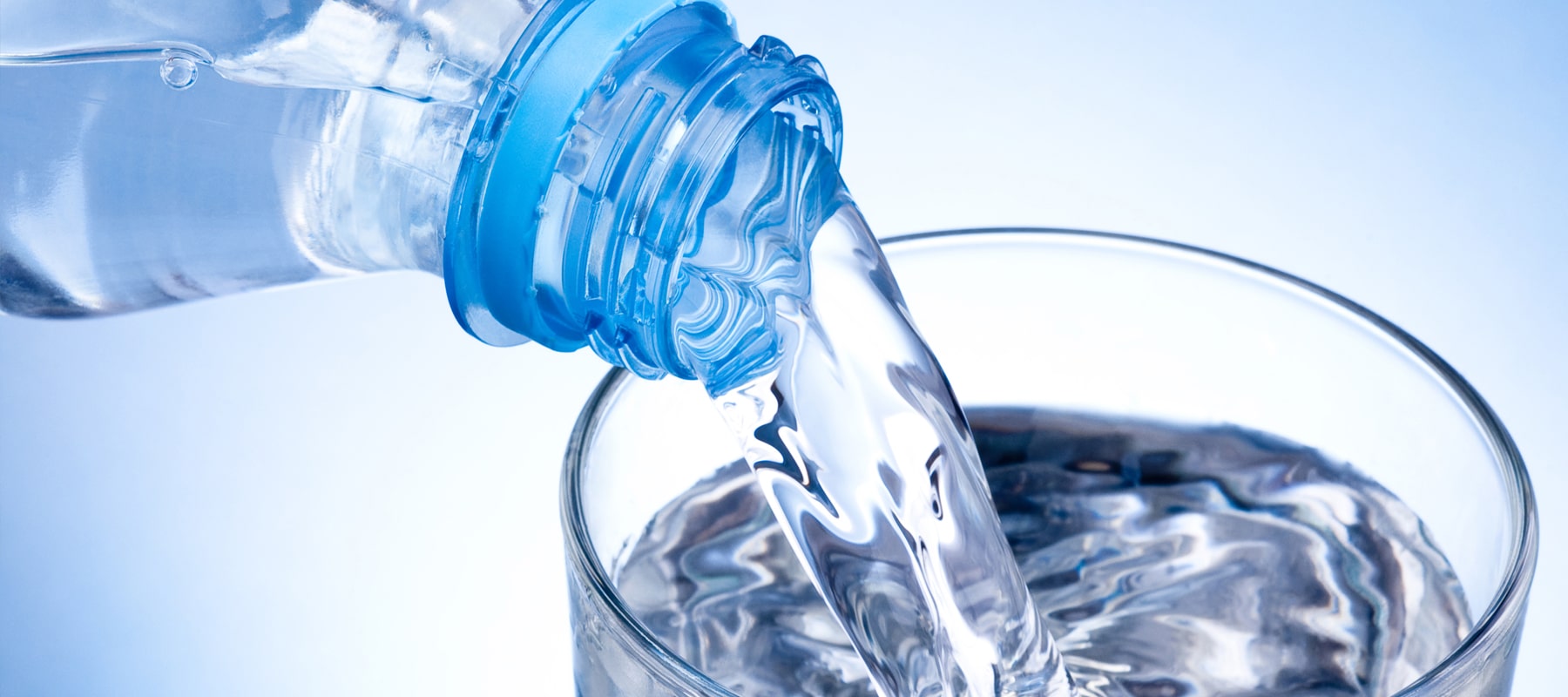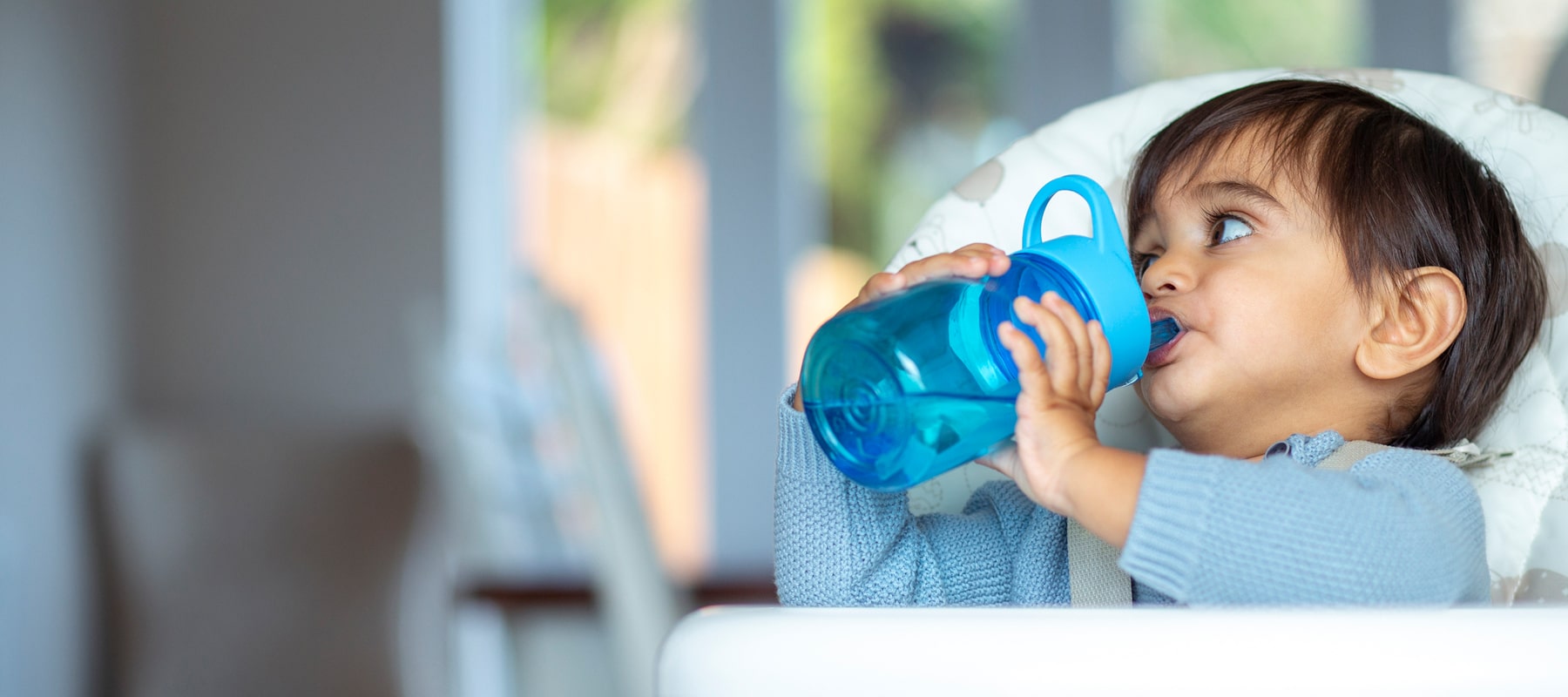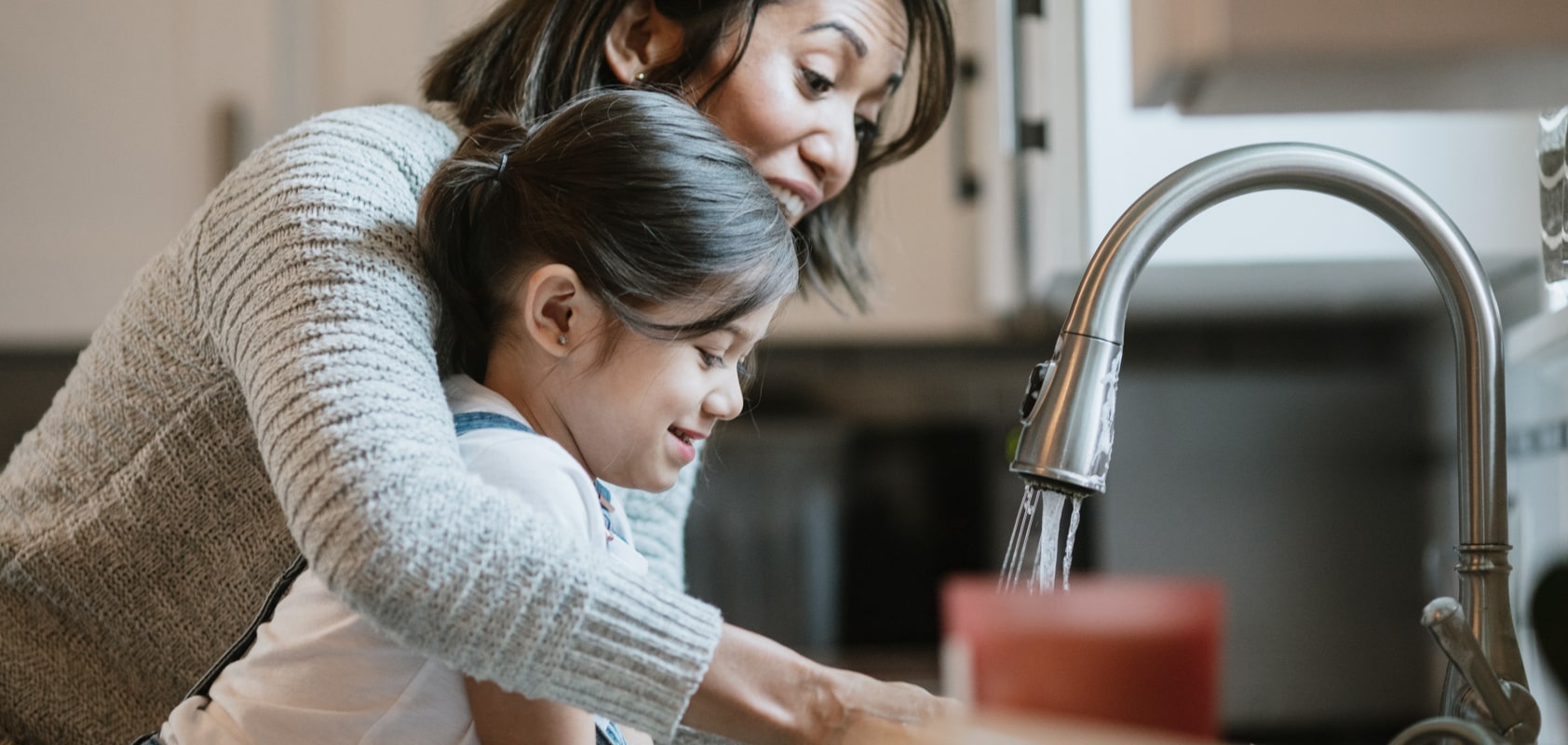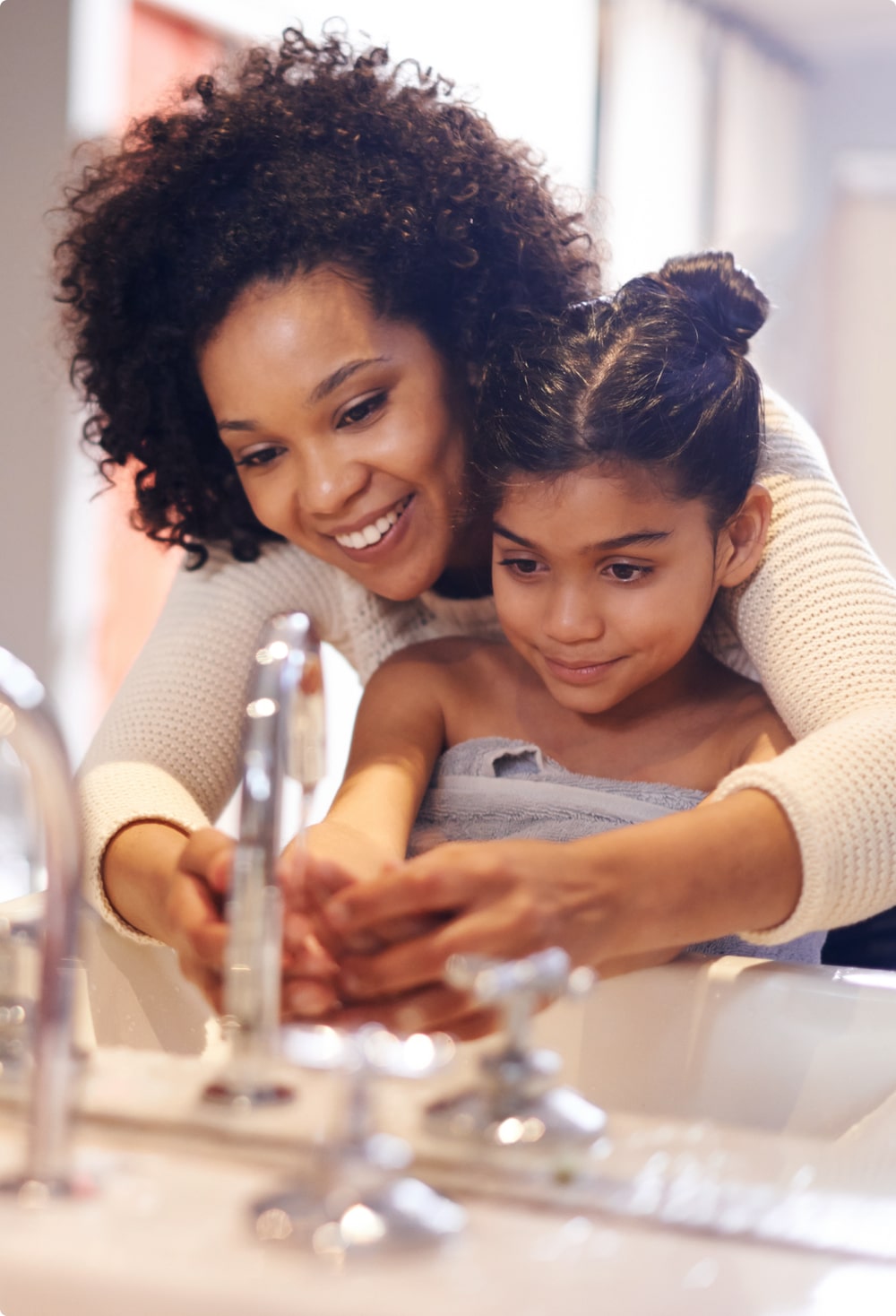CPAP Water for Travel
Engineered for the life and health of you and your CPAP machine
Looking for a safe and effective way to extend the life of your CPAP machine? Look no further than Aquapap CPAP Water. Our distilled water complies with all CPAP manufacturer instructions, ensuring that your machine operates properly for long-term use.
Additionally, our water is pure and mineral-free, so you can enjoy better quality sleep each and every night. And when you’re on the go, our portable Vapor Distilled CPAP water bottles make it easy to get the distilled water you need without any stress.
Staying Healthy on the Go with Right-Sized, TSA-Friendly CPAP Distilled Water for Travel
You’ve just checked into your hotel after a long flight and a mix-up at the car rental company. You’re exhausted and all you want to do is crawl into bed and get some quality shut eye. But as you set up your CPAP machine you realize your day isn’t over yet. You still need to run out and find a place that sells distilled water for your CPAP humidifier. Ugggghhhh. Glancing at the sink in the bathroom, you wonder how much it could hurt to use tap water, just this once…
Traveling can be tiring, and even more so when you’re managing your health with a CPAP machine which requires pure and clean distilled water. Your success with using your machine, its health, and yours is dependent upon using the right type of water. But finding quality distilled water on the road can be a challenge, and often you’re stuck lugging around gallon jugs. If you’re thinking to yourself that there has to be a better way, you’re right!
In this article, we’ll talk about the problem with tap water and other types of bottled non-distilled water, your options for CPAP distilled water for travel, how to fly with water for your CPAP (yes, it can be done!), and some general travel tips for CPAP users that will have you hitting the road with confidence.
What Can Go Wrong with “Just This Once”
When it comes to your CPAP distilled water, travel plans shouldn’t revolve around how easy it is to find and buy the right water once you get to your destination. You should be able to hit the road with as much spontaneity (or planning) as you’d like. But if you find yourself in a situation where you don’t have your water, here’s why it’s worth the effort to go find it (or better yet, have it delivered to your location) instead of convincing yourself that using tap water (or even regular bottled water) one time will be okay.
Tap Water Can Contain Bacteria
CPAP machines circulate air through a water reservoir to humidify it, and if that water contains bacteria, you’re breathing those bacteria in along with the air. It doesn’t matter if it’s only one time – if the tap water you used in your CPAP machine contains harmful bacteria, you could end up with an infection.
Even though most tap water is filtered and treated to remove contaminants, it can still frequently contain bacteria. As found by researchers, some of that bacteria can even be traced back to the water treatment process itself! Especially if you’re traveling to an area with limited quality control in the water, using tap water (or bottled water that may actually be tap water itself) is a dangerous proposition.
Some types of bacteria that can be found in tap water include Legionella, which can cause Legionnaires’ disease, a serious form of pneumonia, and Pseudomonas aeruginosa, which can cause a variety of infections, including respiratory illnesses. E. coli can also be found in tap water, and can cause gastrointestinal illness. Imagine what that could do to your nasal passages and lungs.
All of these types of bacteria are much more likely to be in untreated or partially treated water than in properly filtered drinking water, but it can definitely find its way through, even in well-managed water supplies. Unfortunately, the danger isn’t limited to infectious organisms; dangerous chemicals like chlorine are also common contaminants to avoid, which is next up on the list of problems with tap water.
Tap Water Can Contain Chemicals
Tap water can contain all sorts of impurities, including metals, minerals, and chemicals. These contaminants can be caused by the water source and travel time, as well as by what happens to the water after it leaves your tap.
Here are a few of the chemicals that commonly end up in tap water:
Chlorine.
The first and most obvious chemical found in public water supplies is chlorine. This is added to tap water as a disinfectant to kill bacteria, viruses, and other germs. Chlorine may irritate skin and be damaging to mucous membranes in the eyes, nose, and throat.
Bleach.
Yes, according to the EPA, bleach in drinking water is a concern. While great for killing bacteria, if it ends up in your CPAP machine’s humidifier, bleach can damage your nasal passages and your device. Yikes!
Pesticides.
These nasty chemicals can be found in groundwater and are used to kill insects, fungus, and rodents. Not only are they harmful to the pests they’re meant to target, but they can also be toxic to humans and animals. They can also sneak through the filtration process and end up in public water supplies.
Pharmaceuticals.
Pharmaceutical drugs have been found polluting tap water. Antibiotics, pain killers, antidepressants and more have been detected in American water systems. We want you to take your medications as prescribed – not someone else’s meds through your CPAP water!
Tap Water Can Contain Heavy Metals and Toxic Minerals
Heavy metals and minerals (not the good kind) are also found in tap water. They accumulate over time, so the older the building’s piping is the more likely you’re at risk for heavy metal contamination. In addition to the risk to your health, these contaminants can also harm your CPAP machine.
Lead.
When you think of heavy metal contaminants in water, lead is probably the first that comes to mind. Even despite efforts to eliminate this harmful metal, lead has been detected across the United States from Michigan to Indiana to Pennsylvania and Texas and beyond. There’s no safe level of lead, and you can’t tell from the water’s taste, smell or appearance if it’s contaminated. Symptoms of lead poisoning include joint and muscle pain, headaches, abdominal pain, and memory and concentration difficulties.
Arsenic.
Arsenic is a naturally occurring element, but it can also be released into water supplies from mining and industry. Arsenic is a carcinogen, meaning it can cause cancer, and has been linked to other health problems. Like lead, arsenic isn’t always detectable by sight, taste or smell. In a March 2021 study, arsenic (and lead and other serious contaminants) were found in water samples from across the United States.
Calcium.
Calcium may do a body good, but calcium carbonate in tap water can sometimes form scale or a hard water film on fixtures and appliances. The calcium carbonate can also coat the inside of pipes, restricting water flow and eventually leading to pipe corrosion. This is one mineral often found in tap water that you don’t want in your lungs or in your CPAP machine.
Tap or Bottled Non-Distilled Water: Just Don’t Do It
This is by no means an exhaustive list, but it should give you a good idea of some of the things that can be in your water and why distilled water will always be the better choice for traveling with your CPAP machine. Remember that regular bottled water is sometimes no different than tap water, and there are no guarantees of purity unless it is vapor distilled water. This means the bottled water in the hotel mini-fridge isn’t going to be a reliable source for your CPAP water, either.
The bottom line is that your health is at stake if you don’t use distilled water, even “just this once.” It’s simply not worth the risk. Tap water and regular bottled water contains impurities that can damage your CPAP device and irritate your respiratory system. Using distilled water ensures that the moisture from your machine is clean and safe to breathe.
But when you’re on the move, what are your options for CPAP distilled water? Travel can be a hassle for CPAP users, but it doesn’t have to be! Up next is our analysis of the different options for distilled water away from home.


RRT, RST, RPSGT

OxyMEd, LLC
Options for CPAP Distilled Water for Travel: The Good, the Bad and the Ugly
If you’re used to lugging around giant gallon jugs when you go on trips, this section could be a game-changer for your travel life. Here are the best and worst ways to get distilled water for your CPAP on the go:
The Ugly: DIY Small-Bottle Distilled Water
Let’s get the ugly out of the way first. Have you ever been tempted to pour distilled water from a gallon jug into a smaller bottle for an overnight trip so you don’t have to carry that heavy weight around? Here’s why you should think twice before trying to DIY it. Once opened, a bottle of distilled water can become contaminated through contact with the air and experience bacterial growth, becoming unsuitable for use after just 48 hours. Pouring water out of one bottle into another exposes it to a lot of air, not to mention the bacteria, dust, chemicals or other problems lurking in whatever bottle you poured it into. That’s why distilled water must be packed in its original container and sealed tightly.

The Bad: Gallon Jugs
Weight lifting is great for building strength and maintaining muscle tone, but lugging gallon jugs around with you when traveling probably isn’t the type of workout you’re looking for. A single gallon of distilled water weighs approximately 8.35 pounds, so carrying more than one can get cumbersome quickly. Does your trip involve getting on a plane? Forget trying to carry that bulk through the TSA checkpoint. And if you’re trying to avoid airline baggage fees, that added weight could mean an extra charge for your flight. (Not to mention the mess if the jug were to come open when your suitcase is tossed, jostled, otherwise manhandled in transit!) No, using gallon jugs for CPAP distilled water if travel is on your mind won’t cut it.
The Good: Right-Sized Bottles of CPAP Distilled Water for Travel
If you’re already about to cancel your trip just thinking about all the hassles of traveling with your CPAP, hit pause! There is an easier, safer, and more convenient way to stay on the move and stay healthy. For those in need of CPAP distilled water, travel freedom is within your reach with Aquapap vapor distilled water.
Aquapap comes in travel-friendly sizes of 8, 12 and 16.9 ounce bottles. [link to shop] Say goodbye to unwieldy gallons and hello to pure, safe distilled water that can easily be tucked into your suitcase, travel bag, purse, or carry-on at the airport (more on that later!). These small sizes make it not only perfectly suited to be carried on the go, but it keeps your bottles sealed and your water safe from contamination until you’re ready to use it.
How to Fly with CPAP Distilled Water: Travel Friendly Bottles are Key
When packing distilled water for your CPAP machine, you’ll want to be sure to bring along the appropriate containers. The TSA has very specific rules about what is and is not allowed in carry-on and checked luggage, and having the right bottles can make all the difference. Let’s go over how to pack travel-friendly CPAP water and how to take your bottles on board in your carry-on.
Packing TSA-Friendly Aquapap
Because Aquapap comes in 8, 12 and 16.9-ounce sizes, your CPAP distilled water is travel friendly in both your checked luggage and your carry-on. Simply pack the number of bottles you’ll need and head to the airport without having to worry about running around trying to find distilled water when you get to your destination.
You can take your distilled water in both your carry-on and checked luggage. If you check the water, be very careful about how it is packaged. For shorter trips you might be able to carry all the water you need right in your bag. You can even bring your CPAP distilled water in travel specific cases, making it convenient and discreet
If you’re going on a longer trip or simply don’t want to carry any of your water, you can have your Aquapap vapor distilled water sent to your hotel, Airbnb, or even to your cruise ship to be loaded on board on embarkation day. The convenience of having your water shipped can’t be overstated. Whether you have it delivered to your home or your home away from home, you never have to go to the store and carry home cases of water. With Aquapap CPAP distilled water, travel options are back in your control.

Carrying Aquapap on Board an Airplane
The FDA publishes special rules for the transportation of distilled water intended for use with medical devices such as CPAP machines. It’s important to note that these regulations do not apply to transporting water used in other medical equipment like nebulizers for asthma, nor does it apply to drinking water.
As we all know, TSA has its own rules about bringing liquids on board an airplane. However, it’s less well-known that you can carry on CPAP distilled water for travel, even in excess of the typical 3-ounce limit. Here’s how to bring your right-sized bottles of Aquapap through TSA in your carry-on.
First and foremost, any Aquapap CPAP distilled water you travel with must be sealed in its original packaging. Open bottles, partially used bottles, or water transferred to another container will not be permitted. (Aquapap bottles all have “Medically necessary for use with CPAP” printed on them.) Your water bottles should accompany your CPAP device, and to reduce the chances of any complications, you should also include a doctor’s note prescribing your need for CPAP therapy.
When following these guidelines, Aquapap customers rarely encounter any difficulties carrying on their medically necessary bottles of CPAP distilled water. Travel is much easier when you can take it right on board with you!
In general, flying with your CPAP shouldn’t be difficult. Thanks to greater awareness of sleep apnea and use of CPAP and Bipap machines, most TSA checkpoint agents have seen these machines before and should be familiar with them. However, you may also want to download and print the FAA Compliance Letter for your device from the manufacturer’s website just to be on the safe side. Keep the letter in your travel case so it’s handy any time you fly.
The CPAP machine should be packed in a well-padded travel bag, suitable for its size. You might want to consider using a soft sided case, rather than the hard-shell cases. The TSA agents may have to put some pressure on the sides of your CPAP machine during their check and this will be easier if it’s packed in a softer bag. You also may be asked to remove your CPAP machine from its carrying case prior to sending it through the x-ray machine. This is not harmful to the device. You will want to make sure the machine is on airplane mode if it is wi-fi enabled.
Now that you know how easy it is to transport your CPAP distilled water for travel via air, let’s get into the details on why you should choose Aquapap and what sets our vapor distilled water apart from the rest.
What Makes Aquapap Different?
In addition to coming in conveniently sized bottles, there are a few other factors that make Aquapap stand out from other distilled waters on the market. Here’s why you’ll want to make sure the CPAP distilled water for travel that you choose is Aquapap.
What Makes Aquapap Different?
In addition to coming in conveniently sized bottles, there are a few other factors that make Aquapap stand out from other distilled waters on the market. Here’s why you’ll want to make sure the CPAP distilled water for travel that you choose is Aquapap.
Flexible Delivery
You don’t need to go to the store to purchase distilled water for your trip, or even simply for convenience when you’re at home. Aquapap will ship directly to your door or to the destination of your choice.
Range of Case Sizes
Aquapap 8, 12 and 16.9-ounce bottles also come in differing case sizes. Choose from 7, 8, 10, 12 or 24 bottle cases depending on how much you need, and you can enjoy free delivery! [link to shop] You can even add on CPAP cleaning wipes and filters for added convenience.

Automatic Delivery
Life is filled with things to remember. Why add ordering your CPAP water to that list? With a subscription to Aquapap, the water you need to sleep safely and stay healthy will be delivered according to your schedule. Choose from monthly, weekly, every two weeks or every three weeks for automatic shipments.
Trusted by Medical Professionals
When it comes to distilled water for CPAP machines, Aquapap is the preferred choice for many in the medical community. Trusted by hospitals, doctors, and clinics, our water quality is second to none.
Top Tips for Traveling with Your CPAP Machine
Now that you know the secret to traveling with your CPAP distilled water, let’s talk about traveling with your CPAP in general. Most people with sleep apnea quickly become used to traveling with their CPAP machine. After all, the therapy has become an important part of their life. But for some, the thought of taking their bulky equipment on a trip can be daunting. But don’t worry. With a little bit of preparation, you can take your CPAP machine with you wherever you need (or want!) to go.
Here are the top tips and best practices for taking your device on the road for work or vacation.
- Never travel without distilled water for your machine. Yes, we covered this already, but it’s that important. While you may be tempted to try the tap water in a pinch, doing so could cause irreparable damage to your equipment – and your health.
- Use a protective case when traveling with your CPAP machine. This is especially important if you’re checking bags on a flight or otherwise have it out of your immediate control. A sturdy case will help protect your machine from the inevitable bounces and bumps that happen while traveling.
- Make sure to pack any necessary cords and adapters. If you’re traveling internationally, you’ll need to pack the appropriate power adapters to ensure your machine can function properly in another country. You may need to perform a quick search online before you leave for the latest list of countries where your power cord and adapter will work.
- Make sure your CPAP is freshly cleaned and thoroughly dried before packing it away for your trip.
- Bring your automatic CPAP cleaner or cleaning supplies. An unclean CPAP device can be just as dangerous as using impure water. Dirty hoses or parts can harbor bacteria and mold, which can damage your respiratory system.
- Don’t forget to double check that you’ve got all your hoses, connectors, pillow wraps, filters and headgear that you will use during your trip.
- Consider packing an extension cord. You’ll want to be prepared in the event the wall outlet is too far away from your bedside. If you’re traveling with a battery-operated CPAP machine, make sure to pack an extra battery and the charging cord.
- If you’re going to be on an extra-long flight and expect to sleep in-flight, confirm with the airline ahead of time that they allow use of your CPAP machine during flight. Be sure to book a seat with access to electrical power if you have a unit that needs to be plugged in.
- Your CPAP machine is considered medical equipment and as such does not count as an additional carryon. That means that if the carry-on limit is 2 articles, you may bring two carry-ons and your CPAP case. Be sure to label it as medical equipment so that it does not get mistaken for a carryon.
- Traveling internationally? Check the current restrictions on bringing medical equipment into your destination country.
If you’re taking your CPAP machine with you for work, check if your workplace has a policy about taking personal equipment to work sites or if they require that you contact them before taking the unit.
It’s Travel Time! Don’t Let Your CPAP Hold You Back
If you’ve been shying away from travel because you’re concerned about the hassle of taking your CPAP with you, hopefully this article has put your mind at ease. Thanks to advances in CPAP machine design, air travel accommodations for medical equipment, and easy to carry Aquapap CPAP distilled water for travel, maintaining your sleep apnea treatment on the go is easier than ever. The only real questions you need to answer now is first, where will you go next? And second, will you take your Aquapap with your or have it delivered to your destination?